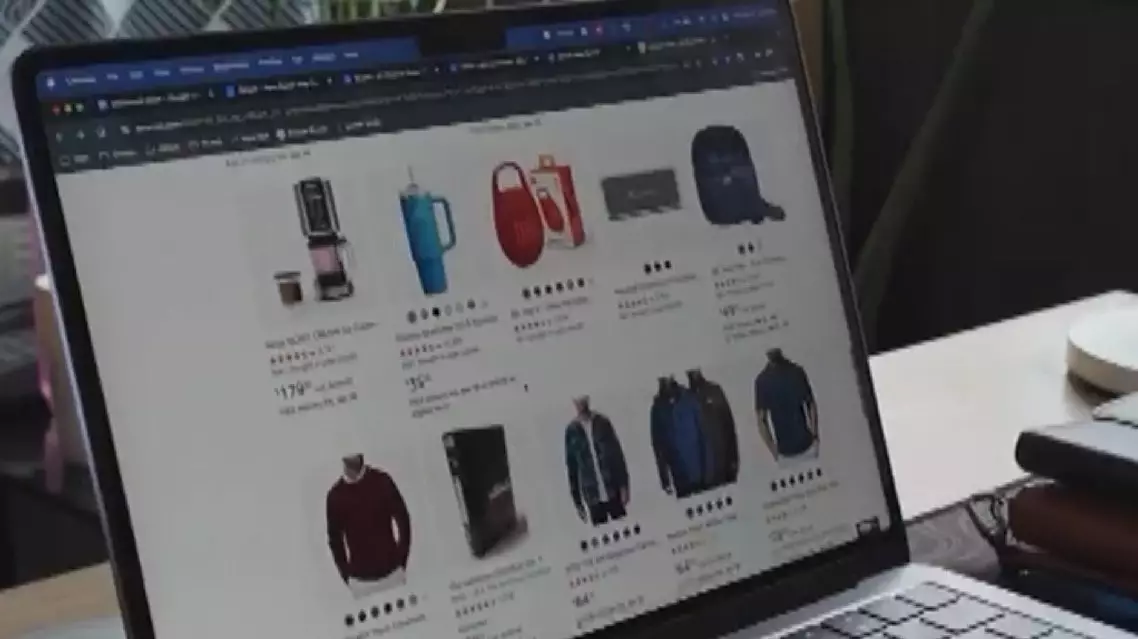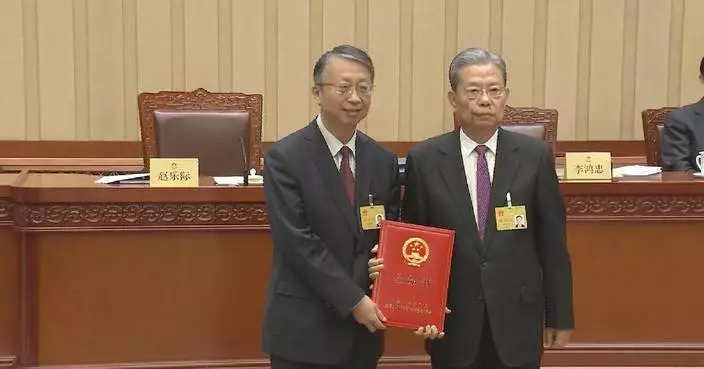Foreign tourists have increased significantly in Zhangjiajie, a picturesque tourist attraction in central China's Hunan Province, in the past week since the country further expanded its visa-free transit policy.
The National Immigration Administration announced on Dec 17 to extend the visa-free transit for eligible foreign travelers from the original 72 and 144 hours to 240 hours, or 10 days.
In addition, 21 more ports, including the Zhangjiajie Hehua International Airport, were designated for visa-free entry and exit, and the areas in which transit travelers can stay were expanded.
Under the updated policy, eligible passport-holders from 54 countries, including Russia, Brazil, Britain, the United States and Canada, can enter China visa free when transiting to a third country or region.
These travelers may now enter through any of the 60 ports across 24 provinces, regions and municipalities and stay within the designated areas for up to 240 hours.
As of Sunday, the Zhangjiajie Hehua International Airport had handled 3,681 inbound flights this year, up 1.56 times year on year.
The city's major sources of foreign tourists are Europe, the United States, Japan, South Korea and Southeast Asia.
"Zhangjiajie has world cultural heritages. Now, with new entry policies, it has become very easy to come here and see the natural scenery. I hope to visit more often in the future," said Son Suk-yeong, a South Korean tourist.
"I have seen (Zhangjiajie's views) on TV before and have longed for coming here," said Yoon Kwang- yeol, another South Korean tourist.
Except for airports and scenic areas, local travel agencies have also been busy, as inquiries and orders surge.
"In the past week, the South Korea division of our travel agency have seen a 10-percent increase in the number of orders for January and February 2025. Particularly, the snow viewing tourism products during the Spring Festival holiday have been very popular," said Su Chao, deputy general manager of the Zhangjiajie Sky International Travel Agency.
For the convenience of foreign tourists in urban areas, the municipal transport department has launched urban sightseeing bus routes directly linked to scenic spots in collaboration with other tourism-related departments.
In the meantime, the financial department of the city has rolled out a variety of convenient payment policies, allowing foreigners to make micropayments by scanning QR codes and make large-amount payments with cards.
"As long as we have cellphones in our hands, we can use Alipay to shop and buy tickets for buses and scenic areas. They are all very convenient," said a Cambodian tourist.

Visa-free policy expansion boosts travels to China's otherworldly scenic spot Zhangjiajie
The cybercrime rate in the Philippines increased during the Christmas Holiday Season as more Filipinos opted for the convenience of online shopping, shifting from physical stores to virtual carts.
A recent study by cybersecurity firm Kaspersky revealed a staggering 40 percent increase in online shopping scams globally during the holiday season. In the Philippines, cases of phishing and fake e-commerce websites are on the rise.
Margaret Esguerra is among the victims of a phishing scam linked to GCash, the country's largest e-wallet.
She lost 53,000 pesos after receiving an SMS about an insurance fee, sent from what appeared to be an official GCash number.
"Since the SMS came from their official account, I trusted the source and I didn't want to be charged, so I clicked it and in one minute they wiped out my account that's 53,000 pesos," said Margarett Esguerra, an Online scam victim.
Art Samaniego from Scam Watch Pilipinas, a cybersecurity advocacy group, explains how scammers are able to commit this type of fraud.
"It's called a stingray attack or IMSI, I-M-S-I attack wherein cybercriminals have this small equipment that would make your connection lose connection to 5G or 4G networks. It will downgrade your connection and it will trick your cellphone to connect to their fake base station and when you are connected to that fake base station, what will happen is that they can now control, they can now see what you are doing," said Samaniego.
Numerous GCash users reported losing money overnight, even without clicking on suspicious links. GCash attributed the issue to a technical glitch and stated that funds were refunded to affected customers.
However, not everyone got their money back. Esguerra was unable to recover her 53,000 pesos. The company claimed that Esguerra shared her one-time password on a phishing link and advised her to pursue the merchant directly for a refund.
"It should have been returned. I waited, I patiently waited for their investigation. I was really hoping that they would give it back because I showed all the evidence. It's hard-earned money. It's very difficult to accept," said Esguerra.
A recent study by analysis firm TransUnion also revealed that the Philippines is experiencing an average fraud rate of 13.6 percent, significantly higher than the global average of 4.6 percent.
"The government is doing something about this. The ICD, CICC and the law enforcement agencies are doing projects to answer (to) these scams and cybercrimes, but the problem is some of these crimes are technology-dependent," said Samaniego.
GCash has released warnings, reminding the public to stay vigilant against online scams. In a statement, the company said it has been continuously investing in the latest security technologies to combat fraud. Meta has also launched a worldwide anti-scam awareness campaign aimed at protecting users from fraudulent schemes during the holiday shopping season.
Cybersecurity experts urge everyone to double-check the legitimacy of websites, avoid clicking on suspicious links, and use secure payment methods.

Rising cybercrimes target Filipino shoppers










